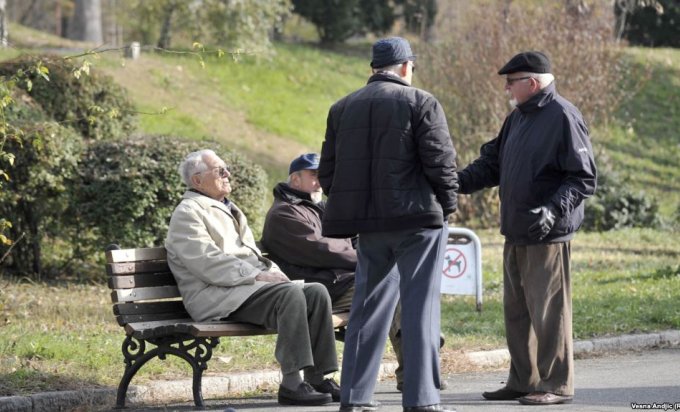Support Worker and General Manager
As the general manager at Better Blokes, Simon Johnson has recently dedicated 2.5 years of his life to helping men on their wellbeing journey. With a Graduate Diploma in Psychotherapy, a Bachelor of History, and a Bachelor of Ministries in Practical Theology, Simon is well-equipped to guide individuals towards a path of healing and self-discovery.
In his personal life, Simon finds joy and fulfilment in activities such as sailing and playing the bass. These hobbies serve as a source of relaxation and connection with nature, which aligns with his passion project of starting “Sailing for Wellbeing” – a venture that aims to take people on weekend sailing journeys to promote holistic well-being. When it comes to values, Simon holds honesty, integrity, and truth with grace in high regard.
His decisions are guided by the principle of speaking the truth in love, which reflects his compassionate nature and desire to help others grow and heal. Describing himself as introverted, creative, and successful, Simon embodies these qualities in his work at Better Blokes and in his personal endeavours. His go-to inspirational quote, “The Truth will set you Free – Be True to Yourself and Success will Follow,” emphasises the importance of authenticity and self-awareness in achieving personal growth and success. Simon’s commitment to helping others, his dedication to personal growth, and his passion for sailing and music make him a well-rounded individual with a strong sense of purpose and compassion. Through his work at Better Blokes and his future endeavours, Simon continues to inspire and uplift those around him with his genuine and caring approach to life.



